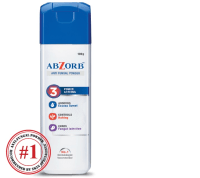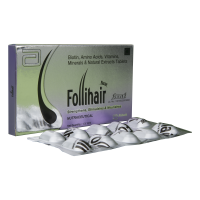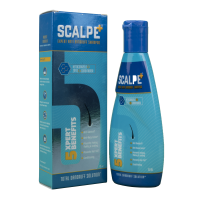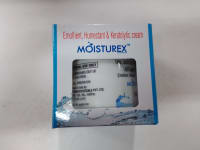
No interaction found

PROBABLY SAFE
Lactifem Itch Cream is probably safe to use during pregnancy.Animal studies have shown low or no adverse effect on the foetus, however, there are limited human studies. Please consult your doctor.

Lactifem Itch Cream is probably safe to use during lactation. Limited human data suggests that the drug does not represent a significant risk to the baby.

SAFE
Lactifem Itch Cream does not usually affect your ability to drive.

Lactifem Itch Cream is probably safe to use in patients with kidney disease. Limited data available suggests that dose adjustment of Lactifem Itch Cream may not be needed in these patients. Please consult your doctor.

Lactifem Itch Cream is probably safe to use in patients with liver disease. Limited data available suggests that dose adjustment of Lactifem Itch Cream may not be needed in these patients. Please consult your doctor.
Uses of Lactifem Cream
Lactifem Itch Cream is used in the treatment of fungal infections.
How to use Lactifem Cream
This medicine is for external use only. Use it in the dose and duration as advised by your doctor. Check the label for directions before use. Clean and dry the affected area and apply the cream. Wash your hands after applying, unless hands are the affected area.
How Lactifem Cream works
Lactifem Itch Cream stops the growth of fungus by preventing them from making their protective covering.
Expert advice for Lactifem Cream
Do not use clotrimazole topical for vaginal infections if you are menstruating.
ï‚·Do not take clotrimazole pessary by mouth. Avoid direct contact of cream or drops with your eyes. In case of direct contact, wash your eyes with water immediately and seek immediate medical attention.
Do not use tampons, vaginal douches, spermicides, or other vaginal products while using clotrimazole for vaginal infections.
Avoid vaginal intercourse during treatment of vaginal infections.
Do not use the vaginal tablets in children younger than 16 years.
Tell your doctor if you have had two infections of fungal vaginitis in the last six months, history of sexually transmitted disease (STD) or exposed to a partner with STD, or have pregnancy or suspected pregnancy.
Tell your doctor before using clotrimazole, if you have any of the following symptoms: irregular or abnormal vaginal bleeding, a blood-stained discharge, vulval or vaginal ulcers, blisters or sores, lower abdominal pain, fever or chills, nausea or vomiting, diarrhea, or foul smelling vaginal discharge.
Seek immediate medical advice if symptoms do not relieve within a week of using vaginal cream or tablets, or infection recurs more than twice within six months.
Patients allergic to clotrimazole or other imidazole antifungal medications or any of its ingredients.
It should not given to patients who never had a vaginal yeast infection diagnosed by a doctor.
It should not take if patient is who have itching caused by a condition other than a yeast infection.
Q. Is clotrimazole a steroid?
Clotrimazole is an imidazole antifungal medication and not a steroid.


 Lactifem Itch Cream
Lactifem Itch Cream  Bookmark
Bookmark





















